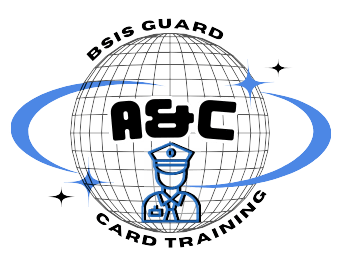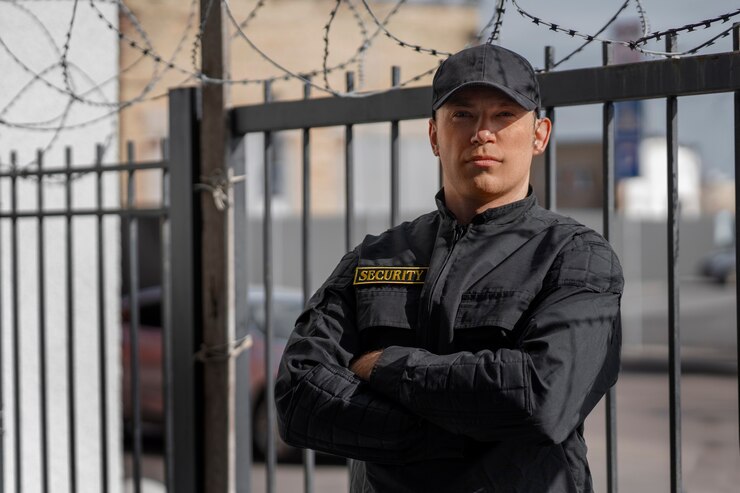Becoming a security guard requires specialized training to equip you with the knowledge and skills needed to perform your duties effectively. Here’s a breakdown of the essential training requirements:
1. BSIS-Approved Training
The Bureau of Security and Investigative Services (BSIS) mandates that all security guards in California complete a BSIS-approved training course. This course typically covers the following topics:
- Public Relations and Customer Service: Effective communication skills are essential for interacting with the public and diffusing potentially tense situations.
- Observation Skills and Documentation Procedures: Security guards must be able to observe their surroundings, identify potential threats, and document incidents accurately.
- Legal Aspects of Security Work: Understanding relevant California laws and regulations is crucial for performing your duties legally and responsibly.
- Emergency Procedures: Security guards must be prepared to respond to emergencies, such as medical emergencies, fires, or active shooter situations.
- Use of Force and De-escalation Techniques: Security guards may need to use force in certain situations, but de-escalation techniques should always be the preferred approach.
2. Power of Arrest Training (Optional)
While not mandatory for all security guards, completing Power of Arrest training can expand your career opportunities and responsibilities. This training equips you with the knowledge and authority to detain individuals suspected of crimes.
3. Additional Certifications (Optional)
Some security guard positions may require additional certifications, such as:
- First Aid and CPR: These certifications can demonstrate your commitment to safety and preparedness.
- Fire Safety Training: Understanding fire safety procedures can help you protect people and property.
- Specialized Training: Depending on your role, you may need specialized training, such as executive protection or loss prevention.
4. Continuing Education
To maintain your guard card, you must complete continuing education courses every two years. These courses can help you stay up-to-date on industry trends, legal changes, and best practices.
By completing the necessary training and certifications, you’ll be well-prepared to excel as a security guard and contribute to a safer environment.
Would you like to know more about specific security guard training programs or the BSIS application process?

